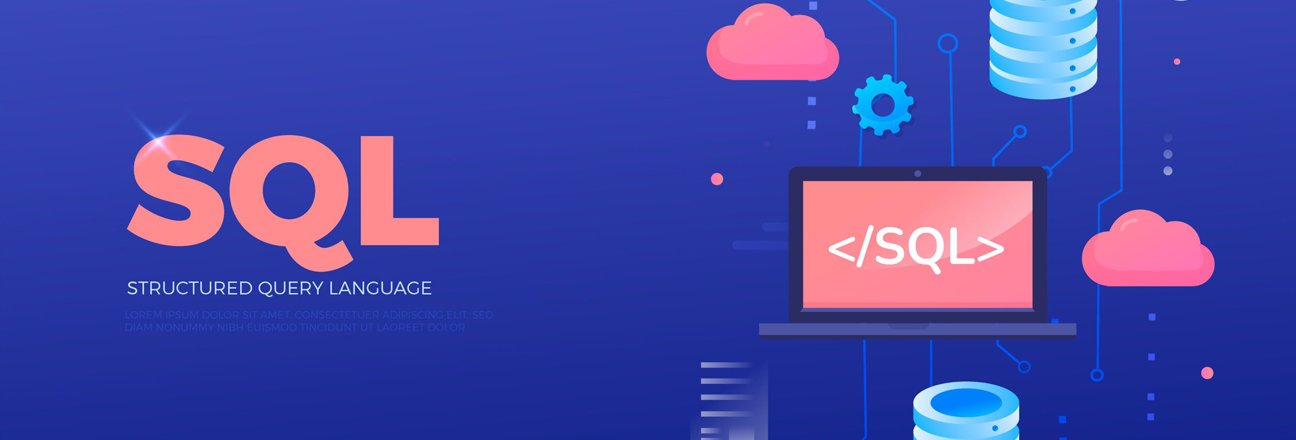Admitok-IT is leading SQL training institute in Hyderabad. We offer the best training and 100% placement assistance.
SQL (Structured Query Language) is a programming language used to communicate with databases. It is used to create, modify, and query databases.
Some common tasks that can be performed using SQL include:
SQL has a number of different clauses and commands that can be used to perform these tasks. Some of the most commonly used SQL commands include :
SQL can be used with a variety of different database management systems, including MySQL, Oracle, and Microsoft SQL Server. It is a standard language that is widely used in the world of databases and is an important skill for anyone working with data.
Course Duration:
Online
Corporate
Classroom

